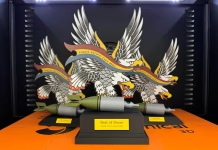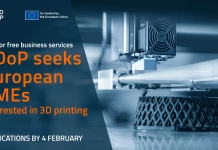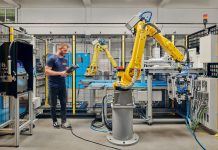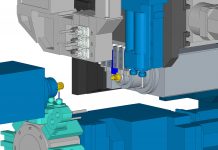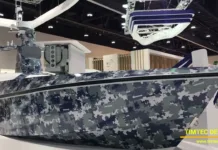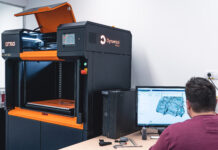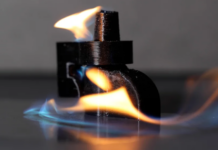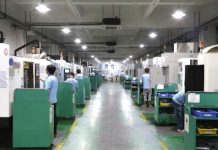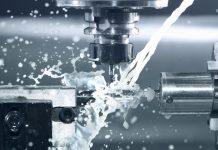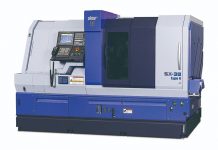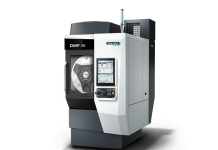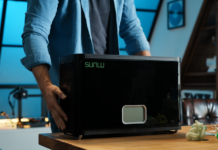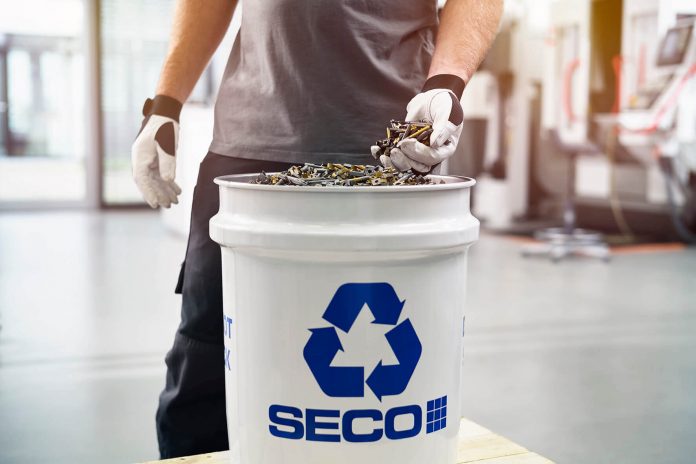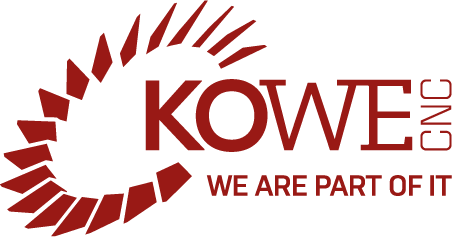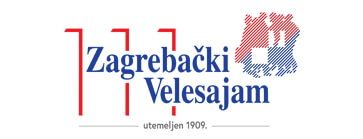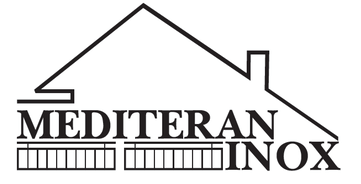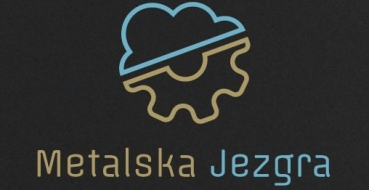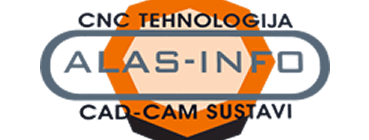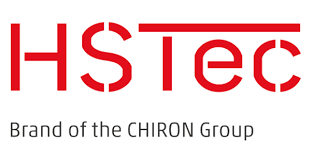In an effort to become more sustainable in its machining practices, Seco Tools has partnered with Fusion Coolant Systems.
According to the company, Fusion offers coolant technology that can lower the overall carbon footprint while increasing overall performance. Both companies have a goal to make machining easier and more effective for manufacturing leaders and engineers while maintaining environmental awareness, making this partnership a perfect match.
As part of the upcoming medical-focused Inspiration through Innovation (ITI) virtual event, both Rob Keenan, president of Seco, and Brian Ahlborn, CEO of Fusion Coolant Systems, will be on a virtual panel to discuss this partnership and how it can impact medical machining engineers. As part of the upcoming medical-focused Inspiration through Innovation (ITI) event, both Rob Keenan and Brian Ahlborn, CEO of Fusion Coolant Systems, will be on a virtual panel to discuss this partnership and how it can greatly benefit medical machining engineers.
Seco has also set the goal of being 90% circular by the year 2030. Recycling will play a key role, according to the company. It will implement a number of broad changes to processes and business models.
“We’ve had a working relationship with Fusion Coolant Systems for many years; from the inception of the technology when they developed it years ago. We’ve worked on multiple customer projects and had heavy interactions on the R&D side to come up with solutions that help solve customer issues. So, it really was just a natural transition to formalize this partnership,” said Rob Keenan, President of Seco Tools, North America.
“It’s about providing complete solutions and we feel strongly that Fusion has a state-of-the-art solution that’s going to help medical customers, especially, in their medical device manufacturing processes.”
“It’s a challenging target, but we see this as very important for our company and our business,” according to Ted Forslund, sustainability & audit coordinator at Seco Tools.
“What is good for Seco Tools is that we already have very good recycling processes, so now it’s about creating a good partnership with our clients so that they understand the value of us buying back tools, so that it becomes a closed circle where nothing goes to waste.”
Globally, only 8.6% of the resources we use are recycled, according to Seco. The company plans to buy back tools that have reached the end of their productive lives, recycling or repurposing them into new tools.
“If we increase that kind of trade where we buy back the old and get customers to understand the advantages of it, we can reduce the climate impact as we won’t need to use new materials and metals. It’s a win-win in many ways,” says Ted Forslund.

